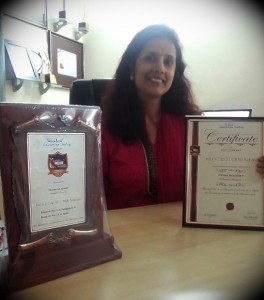We are proud and pleased to inform you that ‘Deens Academy– Bangalore’ is Ranked No.10 in the category ‘CBSE Schools’ (Top 20 CBSE Schools, India) in a survey conducted by EducationToday.co. It has been Ranked No.3 CBSE School in Bangalore.
Top 125 Schools in ‘International, CBSE & ICSE’ category have been selected out of over 500 Survey Forms received by our team. The schools have been categorized under eight parameters i.e., Academic Reputation, Individual Attention, Infrastructure Provision, Innovative Teaching, Safety & Hygiene, Sports Education, Value for Money and Co-curricular Activities. India School Merit Awards, 2015 are based on Jury Rating, Parent’s Votes (14,209 votes) & EducationToday.co’s Team Analysis (Perception based).


